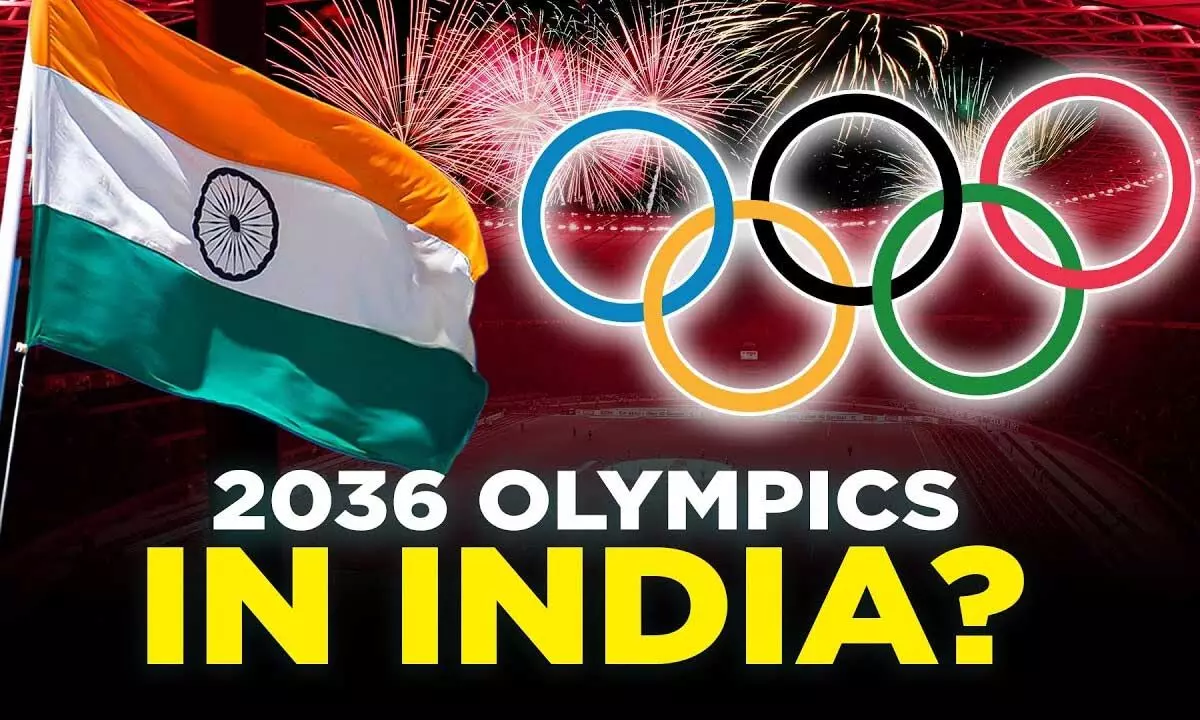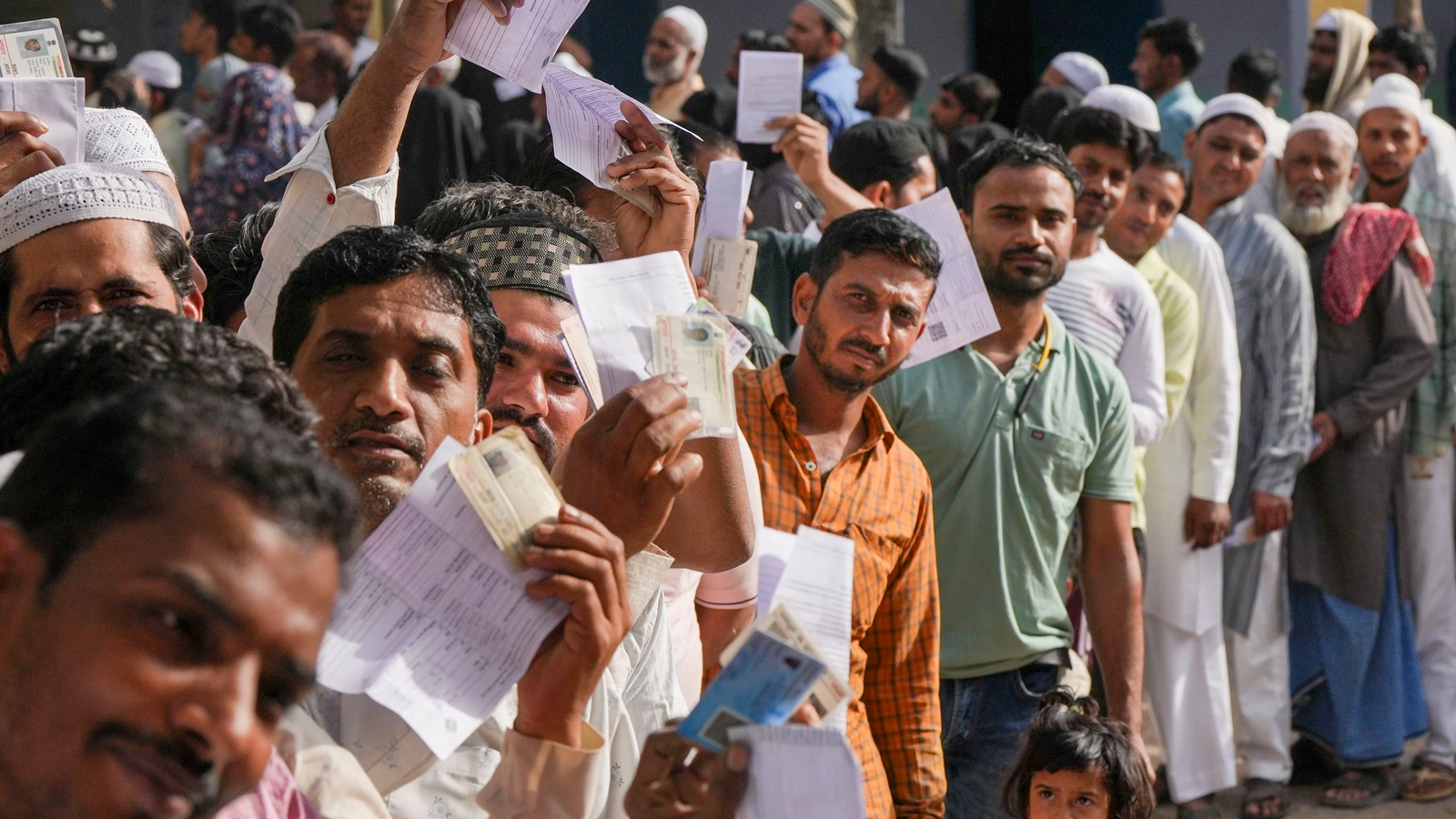India Clinches T20I Series 4 1 in Zimbabwe, Spotlight on Emerging Stars
The recently concluded India vs. Zimbabwe T20I series in July 2024 served as more than just an international contest it was a showcase of India’s future cricketing potential and Zimbabwe’s resilient spirit. Played at the Harare Sports Club, the five match series ended with India winning 4 1, bouncing back after an unexpected defeat in the opening match. The series highlighted the emergence of several promising Indian cricketers who stepped up in the absence of senior players, while Zimbabwe used the opportunity to test its mettle against one of the strongest T20 sides in the world.
The series got off to a dramatic start on 6 July, when Zimbabwe stunned the visiting Indian side with a gritty 13 run victory, successfully defending a modest total of 115. India’s top order crumbled against a disciplined Zimbabwe bowling unit, and despite a 4 wicket haul from Ravi Bishnoi, they failed to chase down the target. Sikandar Raza, Zimbabwe’s veteran all rounder, starred with both bat and ball, setting the tone for what many hoped would be a competitive series. The loss raised questions about India's inexperienced lineup, but also laid the foundation for a swift and emphatic response.
In the second T20I just a day later, India came out with renewed aggression. The spotlight turned to Abhishek Sharma, who dazzled the crowd with a stunning maiden T20I century, scoring 100 off just 47 balls. Supported by Ruturaj Gaikwad and Rinku Singh, India piled on a mammoth 234/2. Zimbabwe had no answers to the relentless pace and spin of India’s bowling unit, folding for 134. The 100 run win not only leveled the series but also served as a strong statement from the young Indian team eager to prove their international worth.
Momentum stayed firmly with India in the third and fourth matches. The third T20I saw Ruturaj Gaikwad lead the charge with a fluent half century, while bowlers like Avesh Khan and Washington Sundar maintained consistent pressure. India chased down Zimbabwe’s 159 with relative ease, taking a 2 1 series lead. In the fourth game, it was Yashasvi Jaiswal’s turn to shine with the bat, compiling a composed 70 that guided India to another comfortable win. By the time the fourth match ended, India had clinched the series, but the team management continued to emphasize learning and rotation over results.
Throughout the series, Zimbabwe fought hard, with standout moments from Brian Bennett, Blessing Muzarabani, and Wellington Masakadza. Their fielding and bowling often troubled the Indian lineup early in the innings, but lapses in the middle overs and lower order batting failures left them chasing games. Captain Sikandar Raza remained a consistent presence, leading from the front with both bat and ball. Despite the defeats, Zimbabwe earned praise for their tenacity and for pushing a much deeper Indian squad to perform at their best.
The final match of the series was a low scoring affair but further solidified India’s dominance. After being put in to bat, Zimbabwe managed just 125 on a slightly two paced surface. India’s chase was anchored by Rinku Singh, whose calm presence under pressure saw the team over the line with five wickets in hand. The 4 1 result reflected India’s growing bench strength and the effectiveness of their rotation policy, with contributions from nearly every member of the touring squad.
More than just a bilateral contest, the series offered critical preparation for India ahead of upcoming tours and ICC tournaments. It also confirmed that the next generation of Indian cricketers many of whom are products of the IPL are ready for international responsibilities. For Zimbabwe, it was an opportunity to identify gaps in their T20 approach while offering game time to younger players. Though the series result favored India, the spirited cricket on display reinforced the value of such tours for developing teams and emerging talents alike.
Sports











